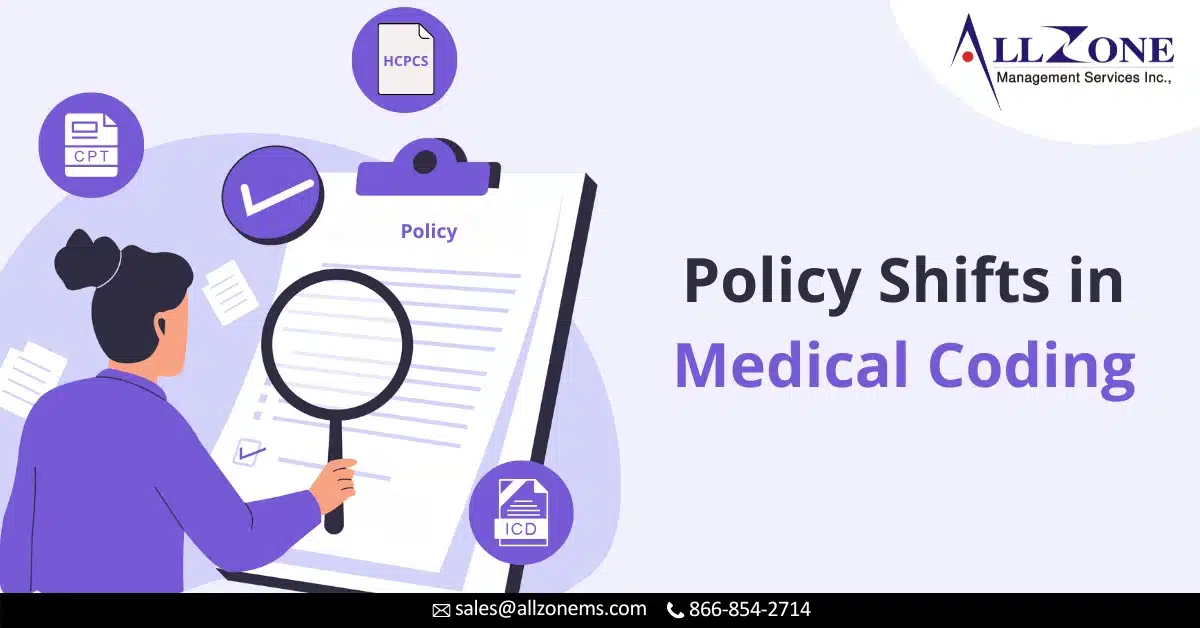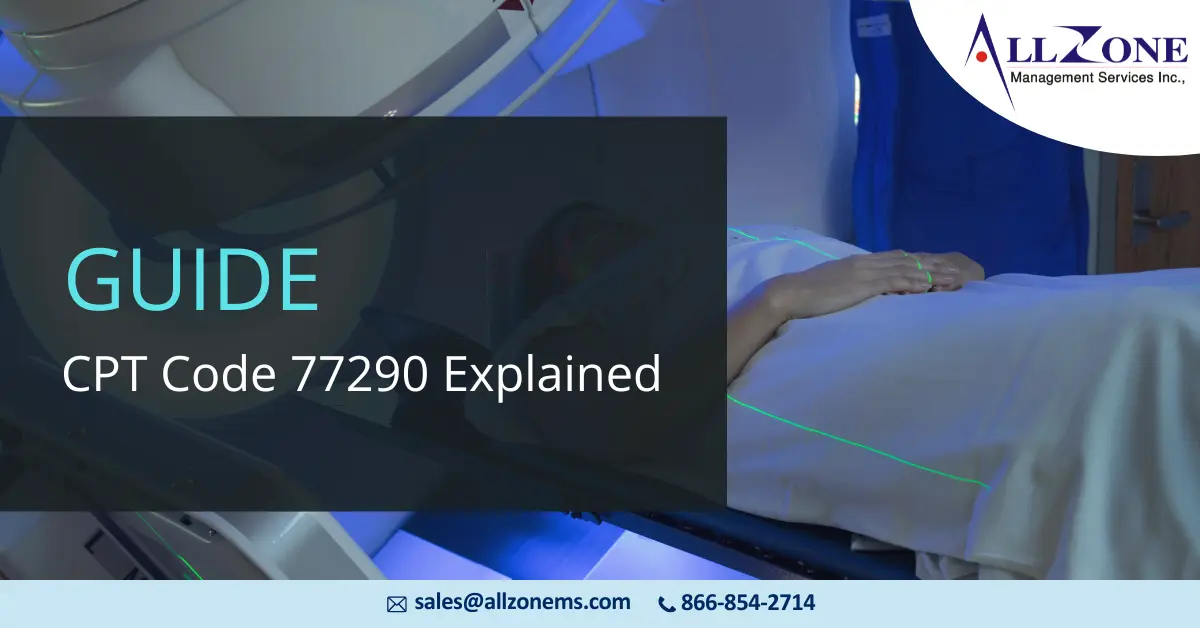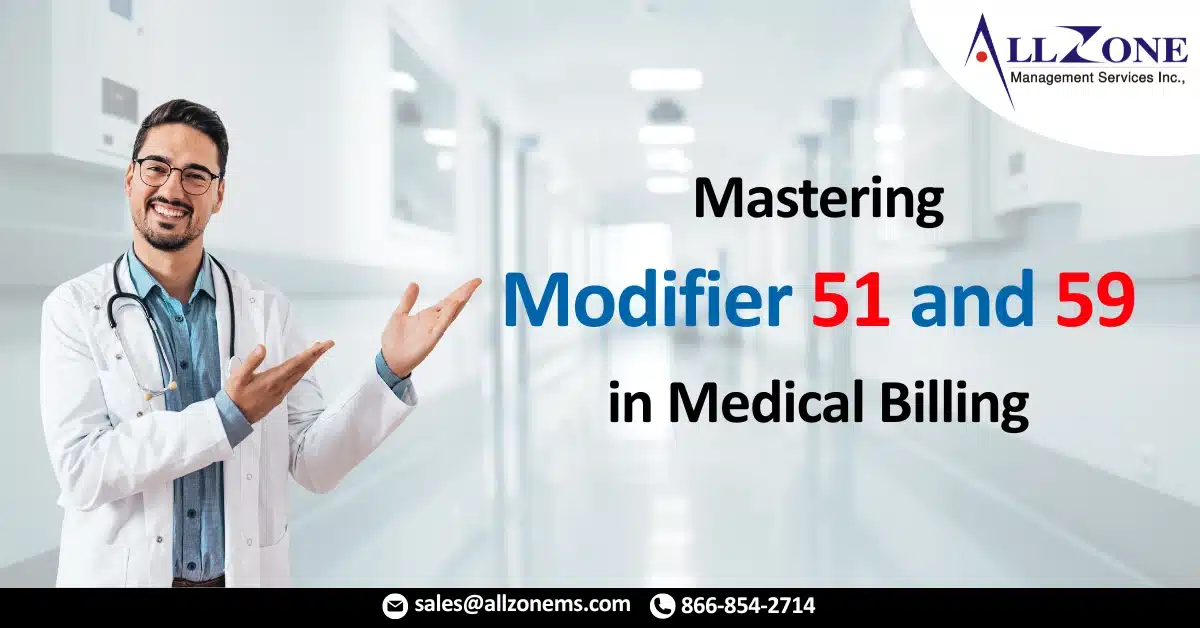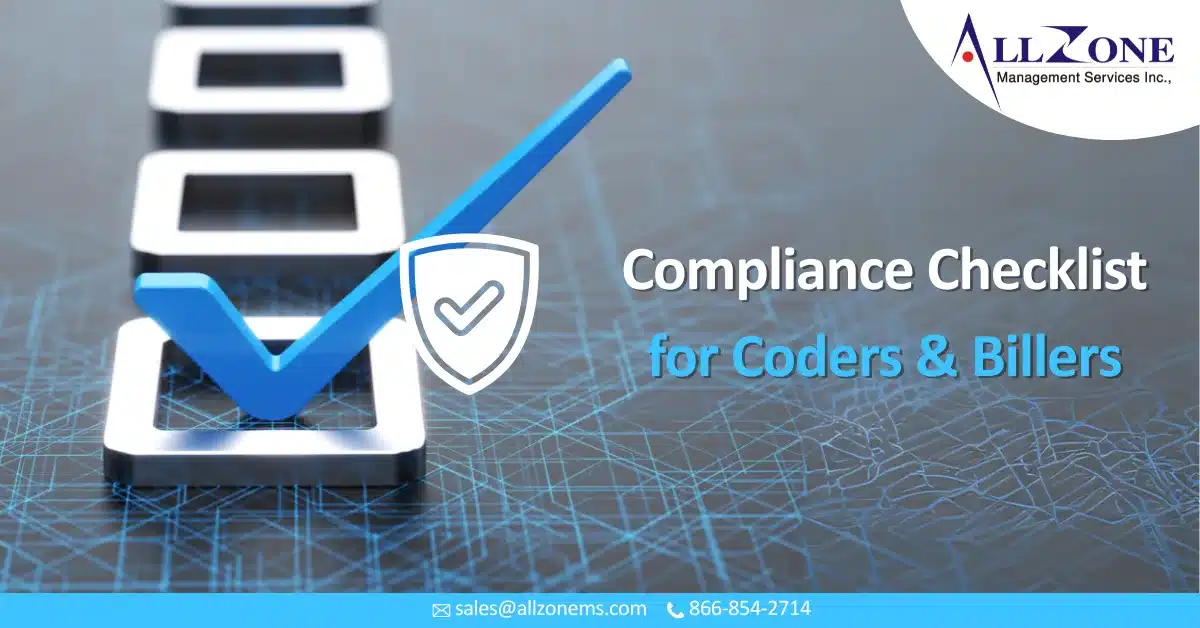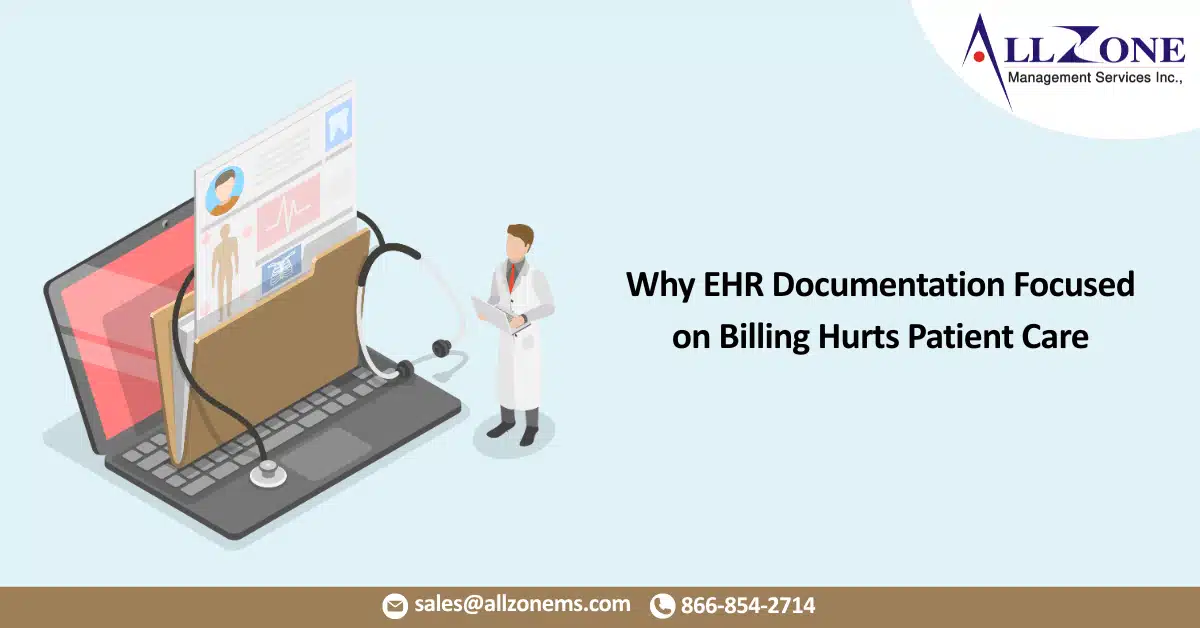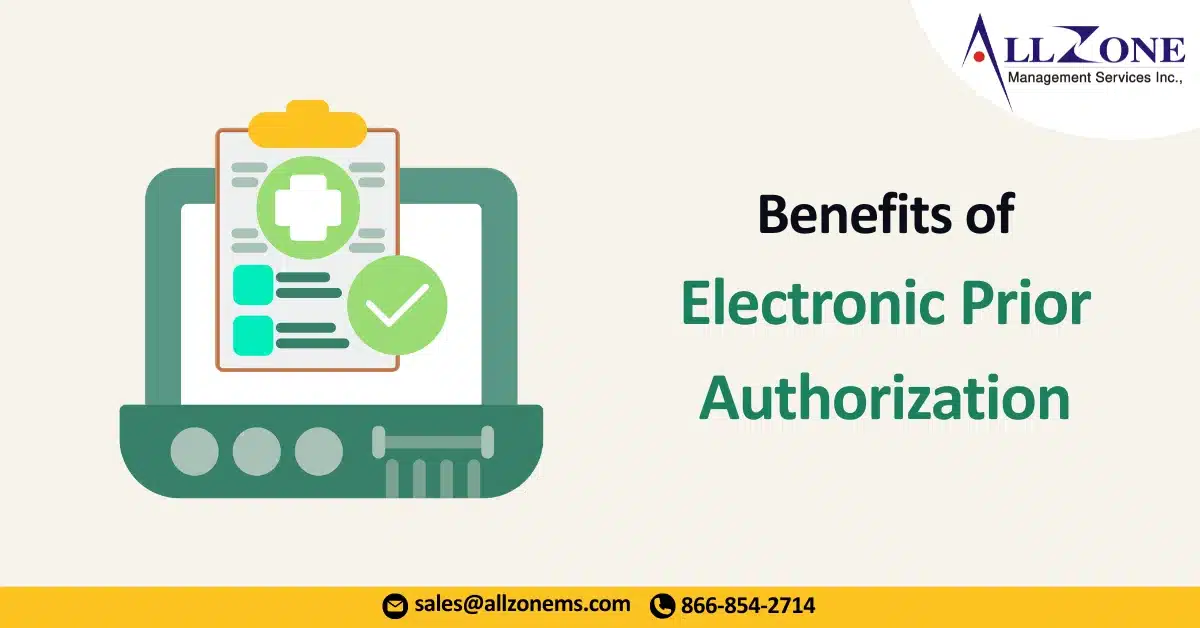If there’s one thing that healthcare professionals have learned over the years, it’s that medical coding never stands still. From ICD updates to payer-specific rules, coding is an ever-evolving discipline shaped by regulations, technology, and the policies that govern how care is delivered and reimbursed. And 2025 is proving to be a landmark year. Medical […]
One of the important codes in radiation oncology is CPT Code 77290, which plays a key role in radiation treatment planning. Understanding its usage, documentation requirements, and billing process is essential for healthcare providers, especially those dealing with cancer treatment services. At Allzone Management Services, we specialize in delivering accurate and efficient medical billing services. […]
Navigating the world of medical billing and coding can be tricky, especially when it comes to modifiers. Getting them right is crucial for accurate reimbursement and compliance. This guide will walk you through two of the most important modifiers: Modifier 51 and Modifier 59. We’ll explain what they are, how to use them, and the […]
The world of medical billing and coding is not what it used to be—and that’s not necessarily a bad thing. As healthcare continues to evolve into a more digital, value-based, and patient-centric system, the role of coders and billers is more important—and more regulated—than ever. If you’re a coder or biller, you’re not just crunching […]
In the fast-paced and ever-evolving world of healthcare, medical billing services play a critical role in ensuring a provider’s financial health. Yet, despite its importance, medical billing is still surrounded by several misconceptions that lead to inefficiencies, revenue loss, and administrative burnout. Whether you’re a physician, clinic manager, or revenue cycle professional, falling for these […]
That sinking feeling when an unexpected, sky-high medical bill lands in your mailbox – it’s a universal experience for many. Welcome to the world of “surprise medical billing,” a frustrating byproduct of our complex healthcare system. Thankfully, new federal protections are in place to shield consumers. But what happens when a surprise bill still sneaks […]
Electronic Health Records (EHRs) have revolutionized healthcare documentation, promising efficiency, improved patient care, and streamlined billing. However, in recent years, many healthcare providers have voiced a significant concern: EHR documentation focused on billing has become too prevalent, often at the expense of clinical care. This shift toward reimbursement-centric documentation has led to clinician burnout, reduced […]
In the complex world of insurance and healthcare claims, the concept of “zero-paid claims” can feel like a phantom menace. You’ve submitted a claim, received an Explanation of Benefits (EOB) or remittance advice, and to your dismay, the payment is… zero. While a zero payment might seem innocuous, it can, in certain scenarios, be interpreted […]
In the intricate dance of healthcare administration, few processes have historically caused as much friction as prior authorization. The traditional, often manual, methods of obtaining approval for medical services and medications have long been a source of frustration for both physicians and patients. Lengthy wait times, administrative burdens, and potential delays in necessary care have […]
Artificial intelligence (AI) is one of the most talked-about innovations in healthcare finance—and for good reason. While it brings excitement about streamlined operations, particularly in areas like AI in denial management, and better outcomes, it also sparks questions about its impact on providers, staff, and daily workflows. At AAPC, we’ve been actively exploring how AI […]

